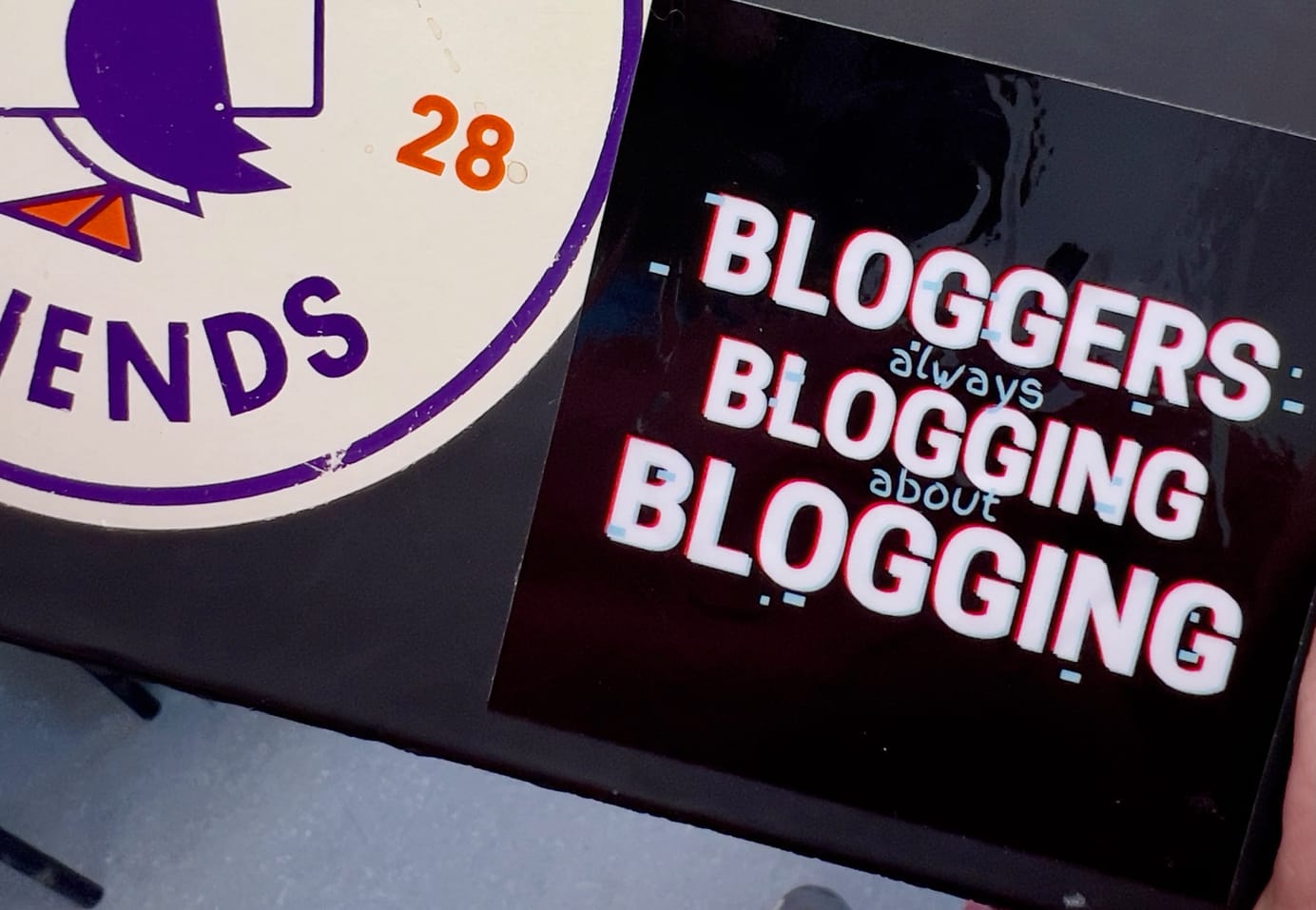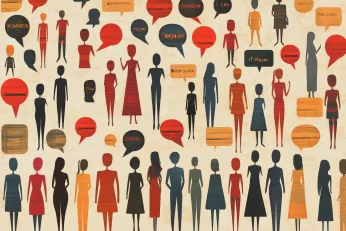
Messages about Medium, an Obvious new publishing tool
Well, look at that. Another web tool to reinvent social publishing that we hoi polloi can’t use yet. The Medium might to be the message this time – the users given access to the Medium are. Anil Dash made some good points earlier that this “private quasi-public beta” is actually more serious and troubling than my joking references imply. It’s actually reinforcing a new web establishment, who get the chance to establish themselves on new services before the rest of us. Dash:
Building a social tool for “just us geeks” permanently privileges the few people who get in the door first, which means you’re giving a huge leg up to those who already have a pretty good set of advantages to begin with.
And:
Much of my own success is, as I’ve said, attributable largely to me having gained access to online social networks earlier than most people. Being early and loud will give you a better shot at being heard than anyone who comes after you.
In the end, the power players become either the inner circle of early invitee tech industry people, and then, eventually, the existing mainstream media who have the audience base they can shift to a new medium. This is a consequence of the move from building web tools we could install and use ourselves on server space – forum software, blog platforms like WordPress.org and Movable Type – to completely owned and controlled platforms. I’m not sure I’m delighted by this shift. While It’s brought more ability to publish to a wider number of people, it’s made those people beholden to a smaller number of companies. Compare switching your Tumblr blog to another platform compared to the (relative) ease of switching between WP and MT, for example.
Medium: not for the likes of us (yet)
So, there’s a cool new publishing platform, that we can’t use, but some cool insiders can, and we get to press our noses against the glass like small children outside a sweet shop. Lucky us. Some people have written some interesting things while glued to the window.
Joshua Benton highlights one interesting facet of the design sense and organisation of Medium collections:
What’s most radical about Medium is that it denies authorship.
Okay, maybe not denies authorship — people’s names are right next to their work, after all. But it degrades authorship, renders it secondary, knocks it off its pedestal.
It, in fact, renders authorship the same status it has in most tradition media websites: there, but secondary to the overall content package. This is a very old model in new clothes.
Disconnecting content from author
Matthew Ingram develops the theme:
While that personal aspect of publishing has been one of the core principles behind blogging — and Twitter has popularized the idea of a “personal brand” that journalists and content creators develop by connecting with their fans — Medium is focused more on the value of the content, regardless of who is producing it or voting on it.
Fundamentally, I like Stowe Boyd’s take on it:
Medium — to the degree that we can fool with it so far, or so far as they have fooled with it — is more of an indication of a new aesthetic that the Obvious Ones are pursuing than anything else. It has a iPad-like clean design — shared by all the curations that have been pulled together.
There’s much to like in it – the break with reverse chronological streams for content that isn’t define by time is a welcome one. But streams, and their role, is fodder for another long post…
Sign up for e-mail updates
Join the newsletter to receive the latest posts in your inbox.










